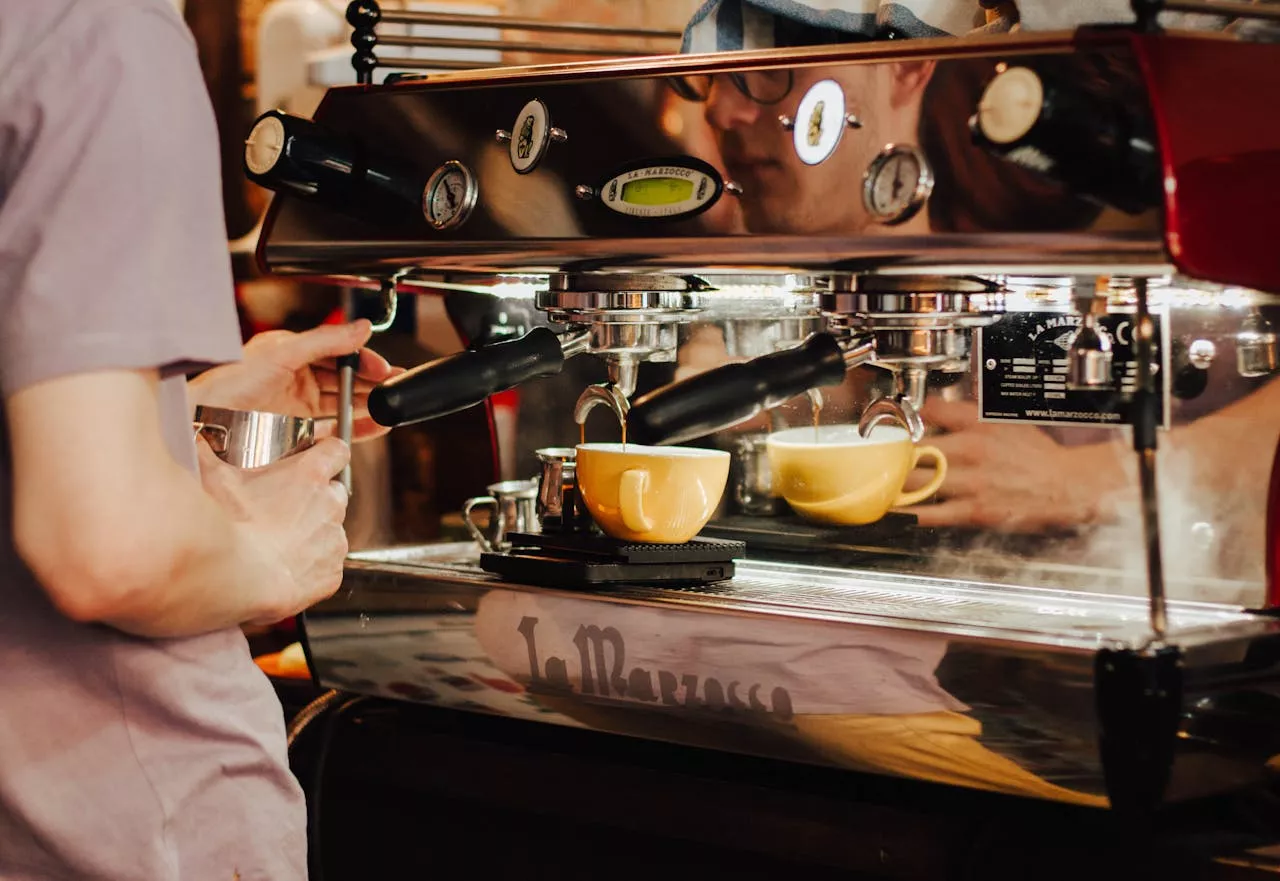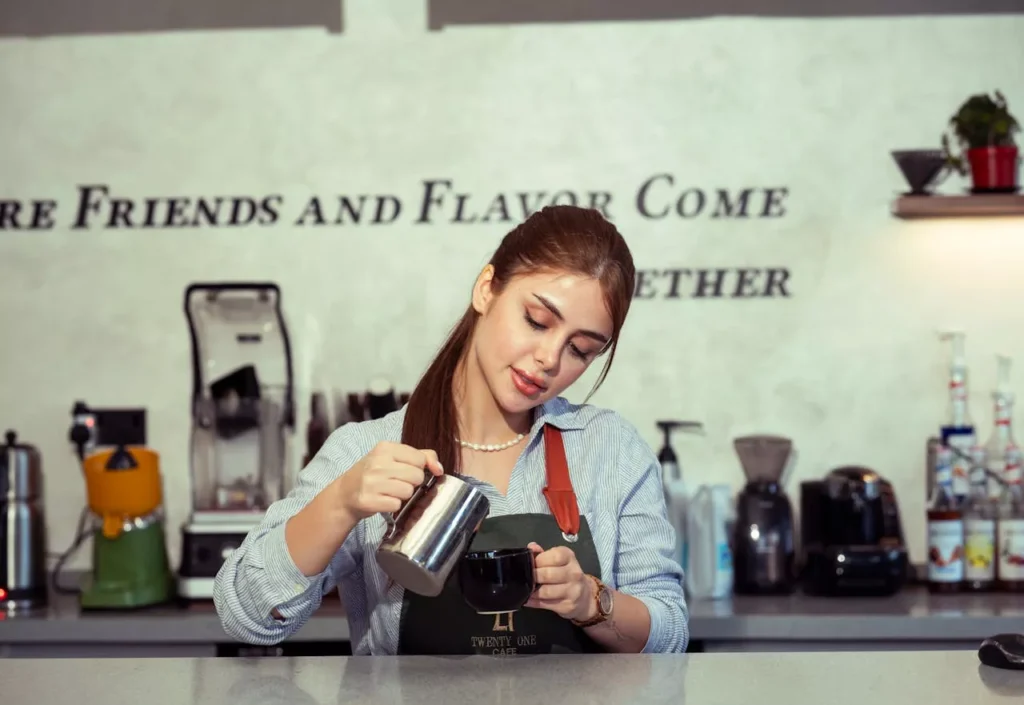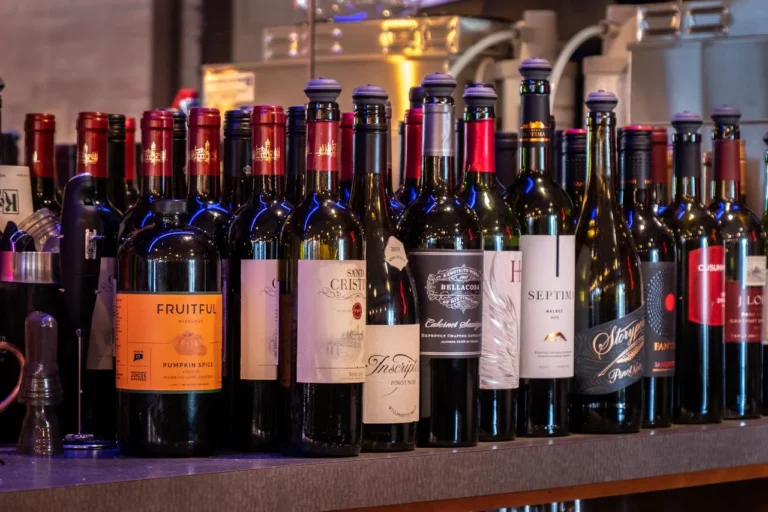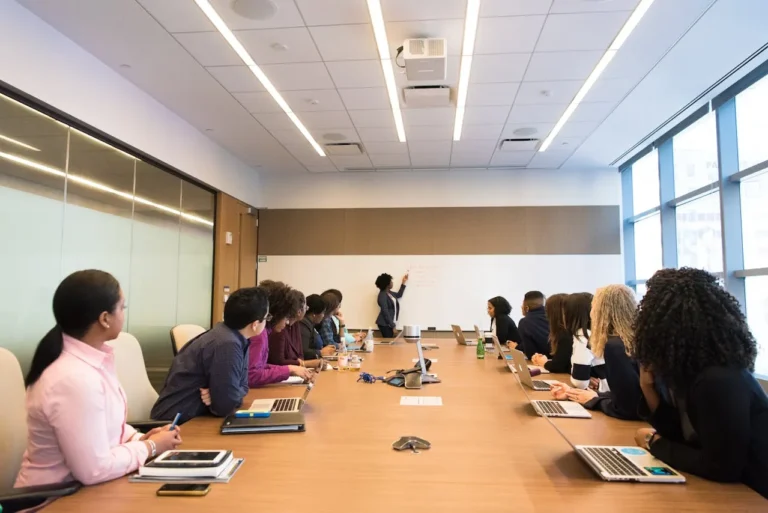
The “Saudi Arabia Cafes Market by Region, Competition, Forecast & Opportunities, 2020–2030F” report, recently added to ResearchAndMarkets.com’s offering, provides an in-depth analysis of the dynamic and fast-evolving café industry in the Kingdom. The report reveals that the Saudi Arabia Cafes Market, valued at USD 6.14 billion in 2024, is projected to grow at a compound annual growth rate (CAGR) of 8.23%, reaching USD 9.87 billion by 2030. This sustained growth highlights the café sector’s transformation into one of the most vibrant lifestyle-driven markets in the Middle East.
A Youth-Driven Café Culture
One of the defining characteristics of Saudi Arabia’s café boom is its youthful demographic. With over 60% of the population under 30, young Saudis are shaping a new social and culinary culture centered around coffee, ambiance, and experience. Cafes have evolved beyond being mere places to drink coffee — they now serve as social hubs, study environments, and co-working spaces.
This generational shift has redefined dining preferences across major cities such as Riyadh, Jeddah, and Dammam, where café density has increased significantly. The desire for casual, stylish, and Instagram-worthy spaces is fueling new business models, including themed cafes, artisanal coffee houses, and boutique roasteries. Consumers increasingly view café visits as an extension of their social identity, contributing to the market’s robust growth.
Vision 2030 and the Rise of Café Entrepreneurship
The Saudi government’s Vision 2030 initiative plays a pivotal role in shaping the café landscape. By encouraging entrepreneurship and tourism, the initiative has supported local coffee ventures and strengthened the broader food and beverage ecosystem. Programs like the Saudi Coffee Initiative are designed to promote domestic coffee production and develop local supply chains, making Saudi-grown coffee a source of national pride.
Additionally, policy reforms — including relaxed social regulations, increased participation of women in the workforce, and growing acceptance of mixed-gender social settings — have all contributed to the cultural normalization of café culture. These factors, coupled with government incentives for small businesses and franchise investors, have created fertile ground for café expansion across the Kingdom.
Urbanization and Lifestyle Evolution
Rapid urbanization and rising disposable incomes are also central to the market’s expansion. According to recent demographic data, Saudi Arabia’s urban population grew by nearly 0.2 percentage points in 2023, reinforcing the shift toward city-based lifestyles. Modern infrastructure, including shopping centers, entertainment districts, and business hubs, has provided the perfect backdrop for café proliferation.
Young professionals are increasingly gravitating toward cafés that blend comfort, technology, and convenience. With Wi-Fi connectivity, power outlets, and ambient interiors, cafés double as informal offices and networking venues. Moreover, the growing penetration of digital food delivery platforms such as Jahez, HungerStation, and Talabat has allowed café chains to expand beyond physical footfall, capturing demand from consumers seeking premium coffee at home or in the office.
Market Challenges: Rising Competition
While growth prospects are promising, the café industry faces mounting competitive pressures. The market is teeming with international coffeehouse chains — including Starbucks, Tim Hortons, and Dunkin’ — which dominate prime locations in malls and high-traffic districts. However, a new generation of Saudi-owned brands, such as Brew92, Elixir Bunn, Camel Step, and Dose Café, is quickly gaining ground by emphasizing quality, craftsmanship, and local identity.
This competitive intensity presents several operational challenges. Prime real estate is increasingly scarce and expensive, particularly in urban centers like Riyadh and Jeddah. Maintaining consistent service quality and operational efficiency across multiple outlets also strains scalability. To differentiate, successful brands are focusing on innovative menu offerings, personalized customer experiences, loyalty programs, and localized marketing strategies that resonate with Saudi consumers.
Additionally, the cost of imported coffee beans and equipment poses financial challenges amid fluctuating global commodity prices. As café owners balance pricing and profitability, the emphasis on value-added experiences — such as barista-led workshops, latte art classes, and tasting sessions — is becoming more pronounced.
The Specialty Coffee Revolution
One of the most transformative trends reshaping the Saudi café landscape is the rise of specialty coffee. While traditional Arabic coffee (qahwa) remains culturally significant, there has been a marked shift toward premium, ethically sourced, and artisanal blends. Consumers are becoming more discerning, seeking out single-origin beans, micro-lot coffees, and specialty brewing techniques like pour-over, cold brew, and siphon.
This growing appreciation for craftsmanship has given rise to a new generation of independent specialty cafes. These establishments emphasize the story behind each bean — from sourcing regions to roasting profiles — appealing to both connoisseurs and casual drinkers seeking authenticity.
The Saudi Coffee Company, owned by the Public Investment Fund (PIF), has been instrumental in advancing this trend. In November 2023, the company announced the development of a one-million-square-meter model coffee farm in Jazan, dedicated to enhancing Coffea Arabica production. This initiative underscores Saudi Arabia’s ambition to become a regional leader in coffee cultivation while reducing dependence on imports. By investing in local farming, training, and processing infrastructure, the government aims to position coffee as both a cultural symbol and an economic asset.

Technology and Digital Integration
Technology is another major catalyst for market evolution. Saudi consumers, among the most digitally connected in the region, are embracing mobile apps, contactless payments, and AI-driven loyalty systems to enhance their café experiences. Many café operators now use data analytics to track customer preferences, optimize menus, and personalize promotions.
The integration of augmented reality (AR) menus, QR code ordering, and social media marketing has further bridged the gap between traditional hospitality and digital innovation. Influencer collaborations and user-generated content have also proven powerful in driving brand visibility and shaping café trends.
Sustainability and Ethical Sourcing
As Saudi consumers become more environmentally aware, sustainability has emerged as a defining priority. Cafes are adopting eco-friendly practices such as biodegradable packaging, energy-efficient equipment, and waste-reduction programs. The preference for locally roasted coffee and organic ingredients reflects a growing consciousness about the environmental impact of global supply chains.
Government programs promoting green business models align with Vision 2030’s sustainability targets, encouraging cafes to reduce their carbon footprint and support local producers.
Outlook: A Brewed Future of Innovation
Looking ahead, the Saudi Arabia café market is poised for continued expansion, underpinned by a blend of youth-driven demand, technological innovation, and cultural evolution. As the Kingdom diversifies its economy and redefines its social landscape, cafés are emerging as a cornerstone of modern Saudi life — symbolizing connection, creativity, and community.
With a thriving mix of global franchises, homegrown startups, and specialty pioneers, the sector’s next chapter will likely focus on experience-based consumption, digital transformation, and local coffee integration. By 2030, the Saudi café industry is expected not only to serve millions of daily coffee drinkers but also to stand as a beacon of the Kingdom’s broader transformation — where tradition and modernity coexist over a perfectly brewed cup.
In essence, the Saudi Arabia café market’s journey reflects more than economic expansion; it mirrors a cultural awakening — one that blends heritage with innovation and community with creativity, ensuring that the Kingdom’s café culture continues to thrive for years to come.




